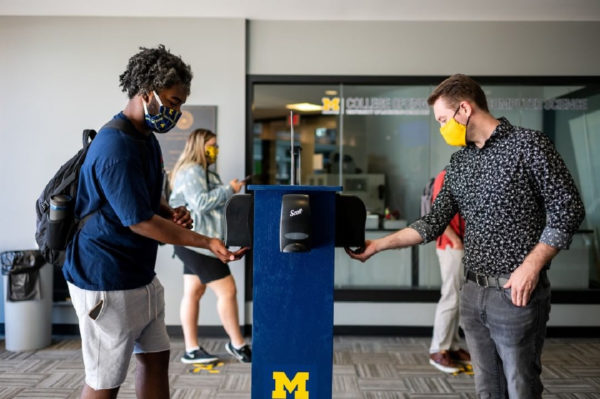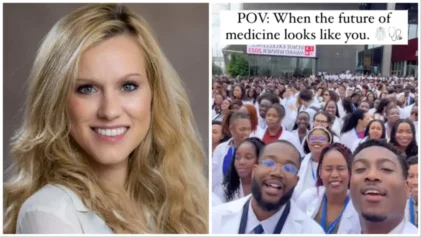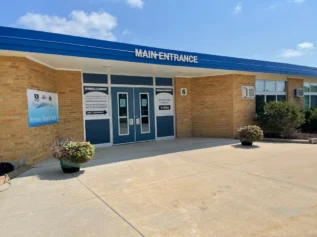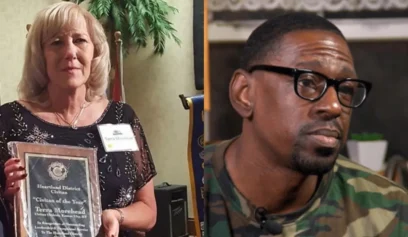A Michigan University apologized after advertisements for two virtual event series segregated the student body by race.
The University of Michigan-Dearborn scheduled the virtual “cafes” for Tuesday afternoons and were designed to foster conversations about how to address racial injustice. However, two graphics advertising the events separated potential attendees into groups: non-people of color and Black, Indigenous and People of Color.

An archived announcement retrieved by The Detroit News stated the non-POC café was designed for “students that do not identify as persons of color to gather and to discuss their experience as students on campus and as non-POC in the world.”
“Feel free to drop in and discuss your experiences as non-persons of color and hopefully brainstorm solutions to common issues within the non-POC community,” it added.
The event is hosted by the university’s Center for Social Justice, according to a virtual flyer. The non-POC cafe was heavily criticized on Twitter.
“That’s….called a Klan rally,” tweeted one critic.
“Can someone explain to me why the University of Michigan has non-POC cafes?” questioned another user.
UM-Dearborn apologized for the ads on Wednesday.
“UM-Dearborn sincerely regrets the terms used to describe the ‘café’ events held on September 8. The terms used to describe these virtual events and the descriptions themselves were not clear and not reflective of the university’s commitment to diversity, equity and inclusion,” the university said in a statement.
The news release emphasized the events were not closed off to certain groups and the students would be supervised by a faculty or staff member.
“The original intent was to provide students from marginalized communities a space that allowed for them to exist freely without having to normalize their lives and experiences,” the message continued. “While also providing students that do not identify as persons of color the opportunity to deepen their understanding of race and racism without harming or relying on students of color to educate them.”


